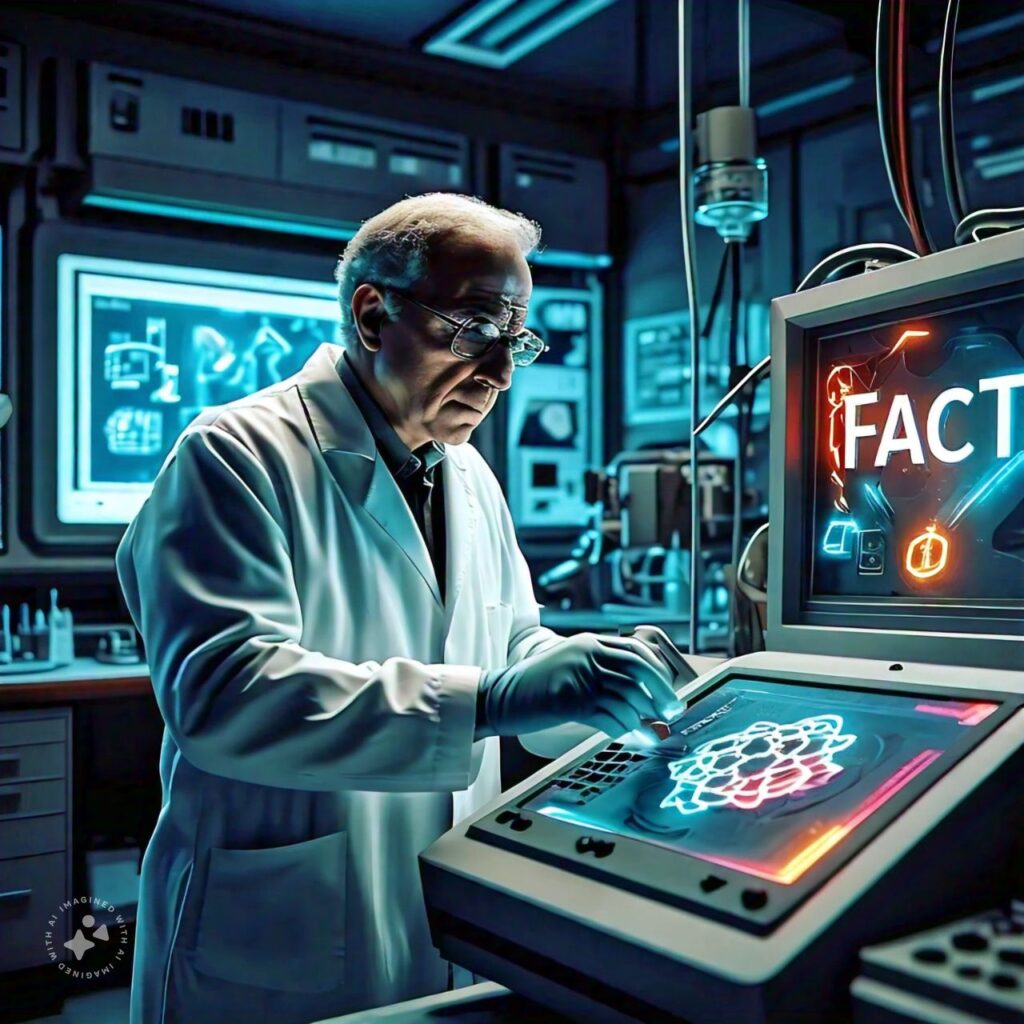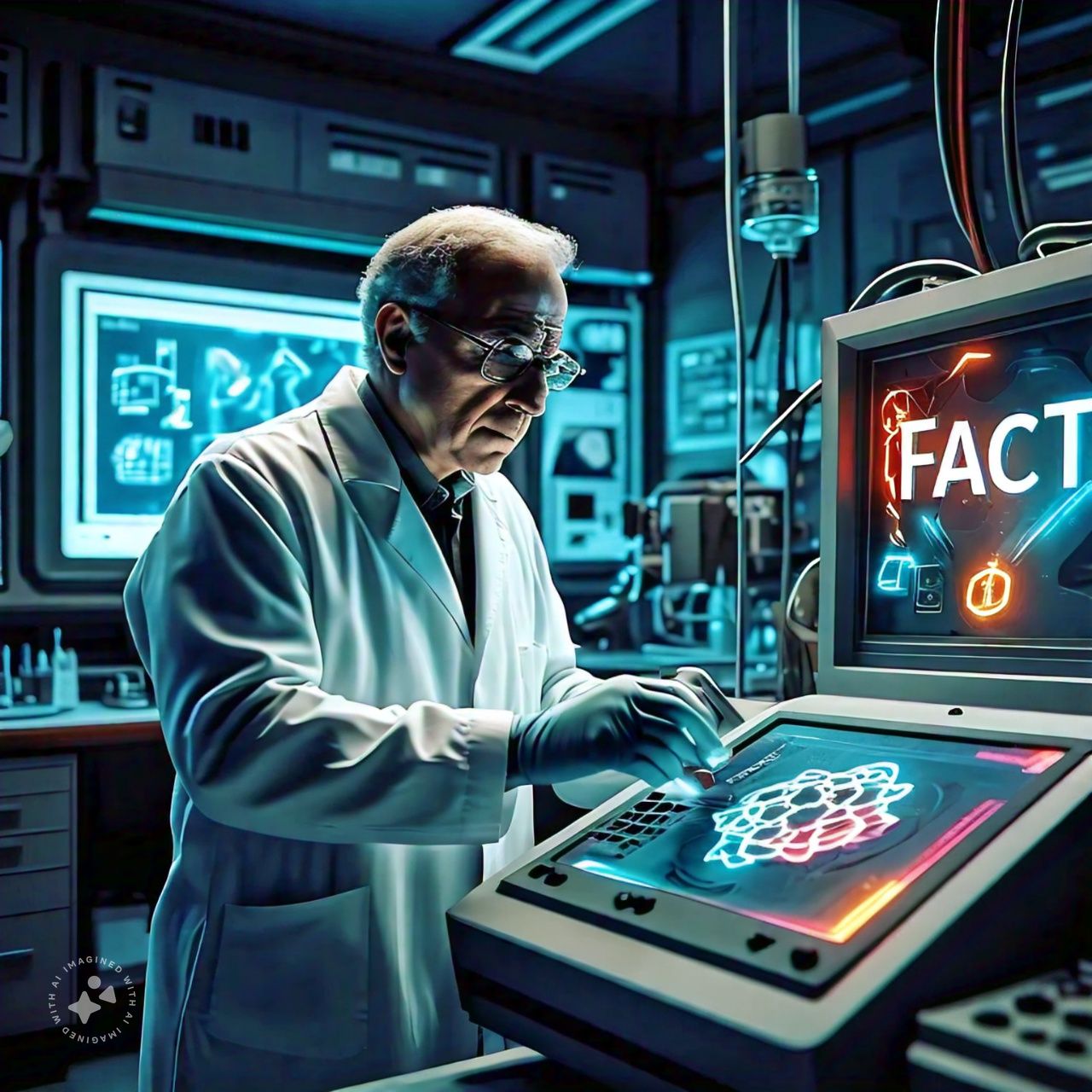In today’s age of rapid information sharing, it is more critical than ever to differentiate between fact and fiction. In this guide, we aim to provide clarity by delving into some of the most common topics where misinformation thrives. We’ll also highlight the importance of fact-based research and how to discern reliable sources from inaccurate ones. Welcome to a journey of fact fusion, where truth meets evidence.
Why Fact-Checking Is More Important Than Ever
With the rise of the internet, the dissemination of information has become both a blessing and a challenge. While we have access to an endless stream of knowledge, not all of it is accurate. This has led to a world where misinformation spreads just as fast as the truth, making it essential to apply critical thinking when absorbing data. Fact-checking has evolved from a niche journalistic process to a necessity for every individual consuming content online.
The proliferation of social media platforms and the ease with which information can be manipulated means that we must be vigilant in evaluating the credibility of the sources we rely on. The importance of verifying information is not just a journalistic obligation but a civic responsibility.
How to Identify Credible Sources
Not all sources of information are created equal. With content creation becoming democratized, anyone can publish anything online, which makes it challenging to distinguish between reliable and unreliable sources.
Here are key factors to consider when evaluating the credibility of a source:
- Author Expertise: Is the author a subject matter expert? Do they have the necessary credentials and background to speak on the topic?
- Publication Reputation: Well-established publications and platforms tend to have more rigorous editorial standards. Look for sources published by recognized authorities in the field.
- Citations and References: A credible article or study should be backed by citations and references from other reputable works. If the source cites other peer-reviewed or expert publications, this increases its trustworthiness.
- Balanced Reporting: An article that presents multiple perspectives and avoids sensationalism is more likely to be rooted in fact.
Top Topics Plagued by Misinformation
Certain topics are particularly vulnerable to misinformation. These are subjects where emotions run high, and people may be inclined to believe false narratives due to confirmation bias. Below are some of the most common areas where facts are often distorted:
Health and Medicine
Health misinformation is particularly dangerous, as it can have real-world consequences. In the era of the COVID-19 pandemic, for instance, misinformation about vaccines, treatment protocols, and the virus’s origins proliferated at an alarming rate. Here’s how to ensure you’re getting the right information:
- Rely on Medical Journals: Trusted journals like The Lancet and The New England Journal of Medicine are peer-reviewed and held to high standards.
- Consult Healthcare Professionals: When in doubt, always consult a licensed medical practitioner before acting on health-related advice found online.
- Avoid Miracle Cures: Be wary of articles promoting quick-fix solutions or miracle cures. These are often not backed by scientific evidence and may be designed to prey on people’s fears and hopes.

Politics and Current Events
Political misinformation often stems from bias and is amplified by people or organizations with an agenda. During election seasons, the spread of false claims can impact the democratic process. To combat this:
- Consult Multiple News Sources: Rely on diverse news sources from different political leanings to get a more comprehensive understanding of the issue.
- Fact-Check Statements: Websites like Snopes and FactCheck.org are valuable tools for verifying political claims.
- Watch for Red Flags: Be cautious of articles that rely on emotionally charged language, unsubstantiated claims, or seem to push a clear agenda.

Science and Climate Change
Science is another field that suffers from widespread misinformation. Topics like climate change, genetically modified organisms (GMOs), and renewable energy are often subject to false claims and myths. When assessing scientific information:
- Look for Consensus: On complex topics like climate change, a consensus of scientific experts can give you a clearer picture of the truth.
- Avoid Pseudoscience: Be wary of articles that cite non-peer-reviewed studies, anecdotal evidence, or fringe theories that aren’t backed by the scientific community.
The Role of Technology in the Spread of Misinformation
Technology plays a dual role in both the spread and prevention of misinformation. On the one hand, social media platforms and search engines can rapidly spread false information. On the other hand, these same technologies are also being used to combat misinformation.
Algorithms and Misinformation
Many social media platforms, such as Facebook and Twitter, use algorithms to decide what content users see. Unfortunately, these algorithms are often driven by engagement, which means that sensational, emotionally charged, or outright false content tends to spread more quickly than fact-based content. Understanding how these algorithms work can help you become more critical of the information you consume.
AI-Powered Fact-Checking Tools
To counter the tide of misinformation, new AI-powered fact-checking tools are emerging. Tools like Google’s Fact Check Explorer and Microsoft’s NewsGuard are designed to help users identify credible news sources and verify the accuracy of specific claims. By cross-referencing multiple databases, these tools aim to flag false information before it can spread.
How to Develop a Critical Mindset
The key to navigating the flood of information in today’s world is to develop a critical mindset. While fact-checking tools and reliable sources are invaluable, the ultimate responsibility lies with the reader. Here are some strategies to help you hone your critical thinking skills:
- Question Everything: Approach every piece of information with a degree of skepticism. Ask yourself, “Who benefits from this information?” and “What is the evidence behind this claim?”
- Recognize Bias: Every piece of content is written with some degree of bias. Recognizing this bias, whether it’s political, financial, or cultural, will help you separate fact from opinion.
- Cross-Check Information: Whenever possible, verify the information across multiple trusted sources. If a claim is true, it should hold up to scrutiny from various experts and publications.
Final Thoughts on Fact Fusion
In a world overflowing with information, the ability to discern truth from falsehood is more valuable than ever. By following these principles, we can not only protect ourselves from falling prey to misinformation but also help promote a culture of fact-based decision-making. Whether it’s about health, politics, or science, knowing how to evaluate and trust reliable sources is essential for navigating the modern world.
